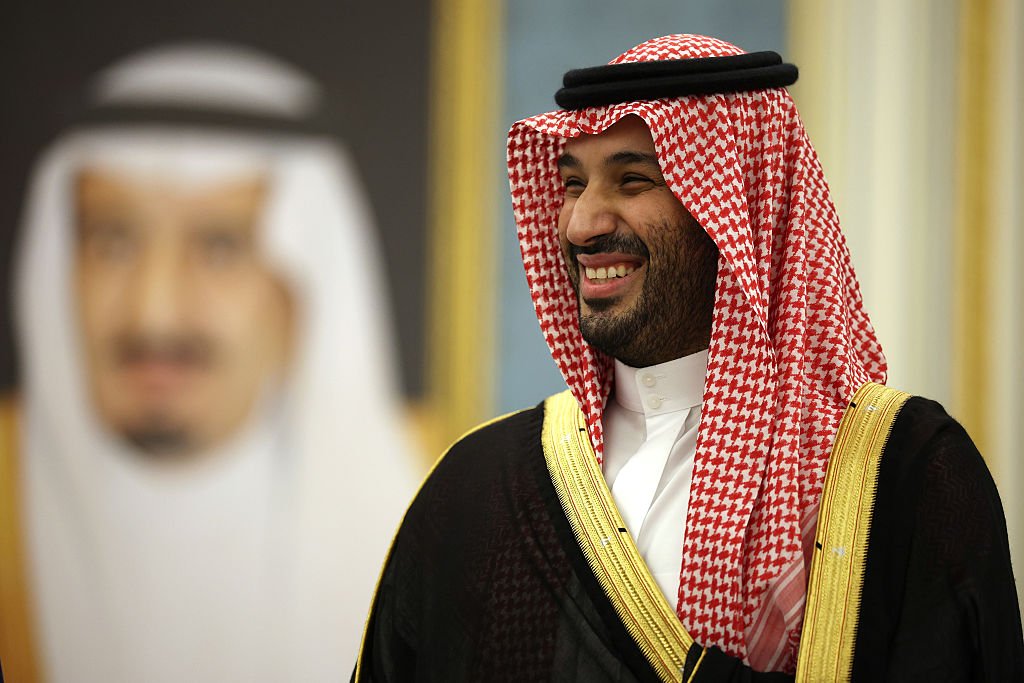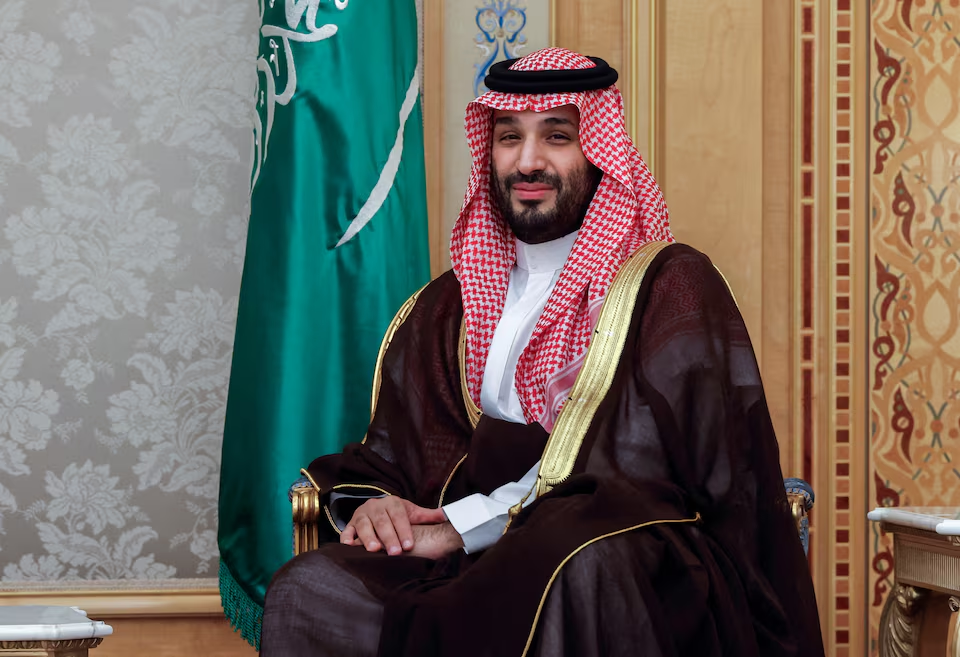In a subtle yet significant diplomatic gesture, Saudi Crown Prince Mohammed bin Salman has declined an invitation to attend the upcoming G7 summit, scheduled to be hosted by Canada later this month. While the summit traditionally includes only the world’s seven largest advanced economies, invitations to non-member nations are often extended to facilitate broader dialogue on global issues. This year, Saudi Arabia was on the guest list. However, the Crown Prince has opted not to attend.
The absence of one of the Middle East’s most influential leaders has sparked discussion across diplomatic and media circles alike, as analysts examine the motives and implications behind this high-profile no-show.
A Pattern of Selective Engagement
This is not the first time the Crown Prince has chosen to forgo attending a major global summit. In recent years, he has shown a trend of carefully selecting the international forums he engages with. This strategic restraint is seen by many as part of a broader vision — one that reflects the Kingdom’s growing confidence in determining when and how it enters the global stage.

Rather than seeking to maintain a constant international presence, the Crown Prince appears to prefer curated participation, prioritising forums that align closely with Saudi Arabia’s strategic interests or that support his ambitious national reforms under the Vision 2030 agenda.
Behind the Decision
No official reason has been given for the Crown Prince’s absence, but several possible factors are being discussed. One consideration could be his increasing focus on domestic initiatives, including major megaprojects such as NEOM, the Red Sea Project, and large-scale economic diversification plans.

Another possibility is the need to carefully manage diplomatic optics. Saudi Arabia’s record on human rights and its role in regional politics have been points of contention among some Western nations. Skipping the summit may be a tactful way to avoid any potential controversy or political friction that could arise from his presence, especially in a highly scrutinised multilateral setting like the G7.
Reactions from Canada and Beyond

The Canadian government had extended the invitation in the spirit of inclusive dialogue, hoping to bring a diverse set of voices to the table. However, the move was not without its critics. Within Canada, there were calls from certain political and civil society groups to rescind the invitation, citing concerns over Saudi Arabia’s internal policies and global conduct.
By not attending, the Crown Prince effectively diffuses any domestic political heat within the host nation and avoids becoming a focal point of controversy. While some may interpret the decision as a diplomatic snub, others view it as a deft political move—sidestepping potential negative attention while maintaining a respectful distance.
Global Guest List and Leadership Presence
Despite the Crown Prince’s absence, the G7 summit remains a highly anticipated event. In addition to the seven member nations—Canada, the United States, the United Kingdom, Germany, France, Italy, and Japan—other countries like India, Brazil, Australia, South Korea, and South Africa have confirmed participation. Their inclusion underscores the G7’s evolving role as a platform for not just economic coordination, but also for shaping global policy on climate, security, technology, and development.
High-level attendees from these nations are expected to engage in critical discussions on the global economy, geopolitical stability, and emerging technologies such as AI governance. The Saudi Crown Prince’s decision not to participate leaves a notable gap in Middle Eastern representation, but it also allows other regional voices to take center stage.
Strategic Implications for Saudi Arabia
The Crown Prince’s choice is more than just a logistical decision—it signals Saudi Arabia’s increasingly self-defined role on the world stage. As the Kingdom navigates its transformation from an oil-reliant state to a diversified economic powerhouse, its leadership is charting a course that prioritises national interests over symbolic diplomacy.
By being selective with international appearances, the Crown Prince reinforces an image of autonomy and self-assuredness. He appears less concerned with traditional expectations of global presence and more focused on building strong bilateral ties, investing in regional alliances, and driving transformative change within the Kingdom itself.
This measured approach is reshaping the global perception of Saudi Arabia—not as a peripheral actor responding to invitations, but as a decisive player that chooses when and how to engage.
Domestic Priorities Over International Pageantry
Within the Kingdom, the Crown Prince continues to oversee transformative reforms. These range from expanding women’s rights and opening the country to tourism, to pioneering futuristic infrastructure projects that aim to redefine urban living and economic sustainability. The sheer scale and ambition of these initiatives demand intense domestic focus.
Moreover, managing the Kingdom’s shifting social landscape and overseeing critical transitions across economic, educational, and cultural sectors require stable and consistent leadership at home. In that context, skipping a diplomatic summit, however prestigious, seems both practical and strategic.

A New Diplomacy Style
Mohammed bin Salman is cultivating a diplomacy that is deliberate, assertive, and unapologetically aligned with national interests. His decisions reflect a modern leader who is less concerned with symbolism and more interested in results. In a world increasingly defined by shifting alliances and realpolitik, such a stance may well prove to be a strength.
This approach not only redefines Saudi Arabia’s role in multilateral forums but also introduces a new style of international diplomacy—one where presence is earned, not assumed; and where engagement is based on relevance, not ritual.
Looking Ahead
With the G7 summit just around the corner, attention will now turn to what tangible outcomes emerge from the gathering. While the Crown Prince’s absence is notable, it does not necessarily diminish Saudi Arabia’s influence on global affairs. On the contrary, it suggests that the Kingdom is moving toward a more intentional and strategic form of global engagement—one that prioritises partnerships on its own terms.
Whether this signals a long-term shift in how the Kingdom relates to Western-dominated forums remains to be seen. But one thing is clear: Saudi Arabia’s leadership is making bold choices that reflect confidence, purpose, and an evolving global identity.
Do follow UAE Stories on Instagram
Read More: Unprecedented Anti-Smuggling Triumph for Saudi Border Guards














